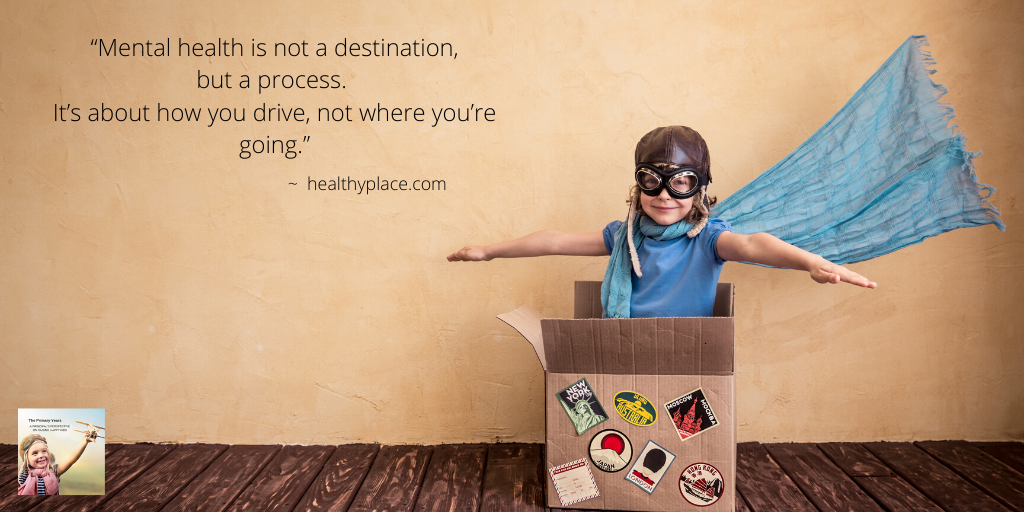Emptiness can be a virtue
With all that is going on at the moment parents are actively filling hours with busy activities and ensuring some of these hours have an educational basis to them. It is easy to feel that emptiness is a waste of time and a chance for real idleness to step in. Here we are challenging this thought. How much responsibility do we have as competent parents to fill in those busy hours for our children?
Our children live very busy lives both in and outside coronavirus times. As parents, we become focussed on ensuring that time is well spent and that by the end of the day, we can justify significant hours in useful exercises. I understand that a busy, active mind keeps idle fingers at bay.
Here I am also suggesting that creating space where children can create their own entertainment etc. can also be seen as a valuable tool. Busy people need breaks. A child needs time to think about what drives them in interests and what keeps them happy. Yes, I appreciate that distractions such as social media, television etc. can be a problem. I also believe that a child simply needs space to think freely and not be controlled by what we, the parents think is a valuable use of time.
Have you ever watched how free and engaged children are on the beach? We do not interrupt their play and enjoy seeing them just engage with nature and be happy in themselves. Here I am suggesting we bring that beach feeling into our home and legitimise the feeling that spare, independent time is acceptable and valued.
Often, we tend to be judgemental of how they use spare time. If they are not active, we think they are wasting valuable time. Sometimes just having spare time gives a child a chance to catch their breath and reflect on what they next want to do. Such spare time is undirected and is simply in the hands and control of the child. As parents, I suggest we are not critical of how they use that time and this gives them the freedom to feel that what they choose to do is totally up to them.
Think about ourselves. When we have spare time, do we want to be advised about how best to use that time? Often it is simply a chance to mentally enjoy respite from the busy days. Similarly, children deserve the right to have some time to themselves. It is a time to clear the head. It is all about just being a child and that may involve activities but also it may involve just a quiet time. It is a time for a brain rest. It is not about filling free time with busy activities.
Teachers often set free time in classrooms and they place no expectations on children. They see this time as an occasion to break from the pressures of the day and restore mental health before resuming activities. This can mean creating a vacancy in thinking which is quite refreshing before starting new work.
When working with children, I was very conscious of tapping into what the day had been for the child. If it had been very busy and overstimulating, I was reluctant to start conversations, especially towards the end of the day. The child needs mental respite from busy activities. Best to talk about matters when the child is mentally refreshed and interested.
In today’s world, we talk a lot about mindfulness and the readiness of people to take ownership of their own emotions by being at peace. I believe that creating a space that enables a person to mentally rest from stress or business helps restore a healthy more open attitude.
Similarly, a child needs mental space and the more we introduce and value their right to have it, the more emotionally capable they are in resolving matters. In this area, I believe they are no different from adults.
Consider the following:
Morning is generally better to talk about matters if the child is refreshed and their thoughts uncluttered.
Tiredness is not a time to talk about complicated issues. If you give your child some time to empty their mind, they are more receptive to listening with understanding.
A child that values some mental space develops great habits in being mentally healthy. They grow to value their own sense of personal emptiness. They see it as an opportunity to feel mentally refreshed.
Never underestimate the value of creating some mental space for children. They have a right to own this space for themselves.
“Mental health is not a destination, but a process. It’s about how you drive, not where you’re going.”
A child needs mental space and the more we introduce and value their right to have it, the more emotionally capable they are in resolving matters. In this area, I believe they are no different from adults.

